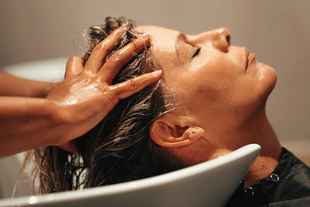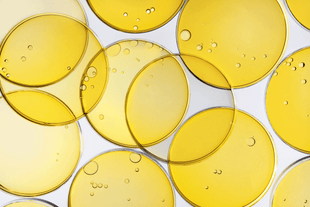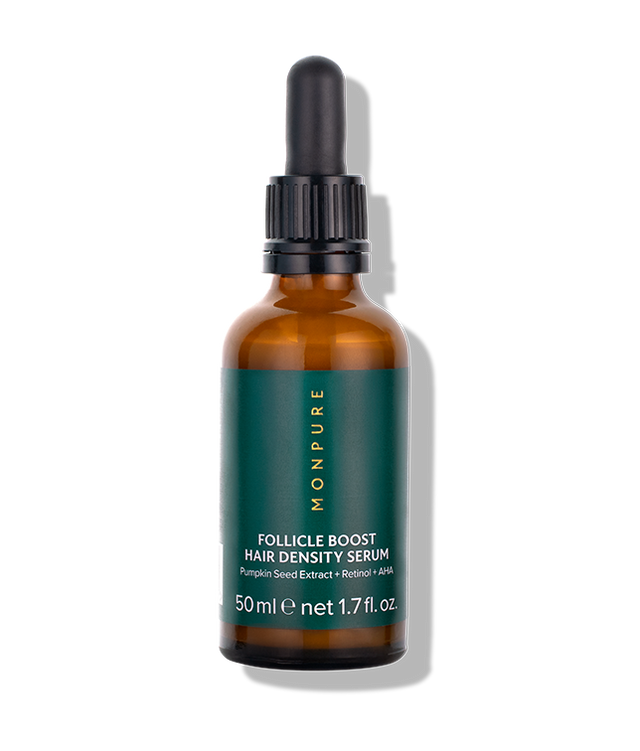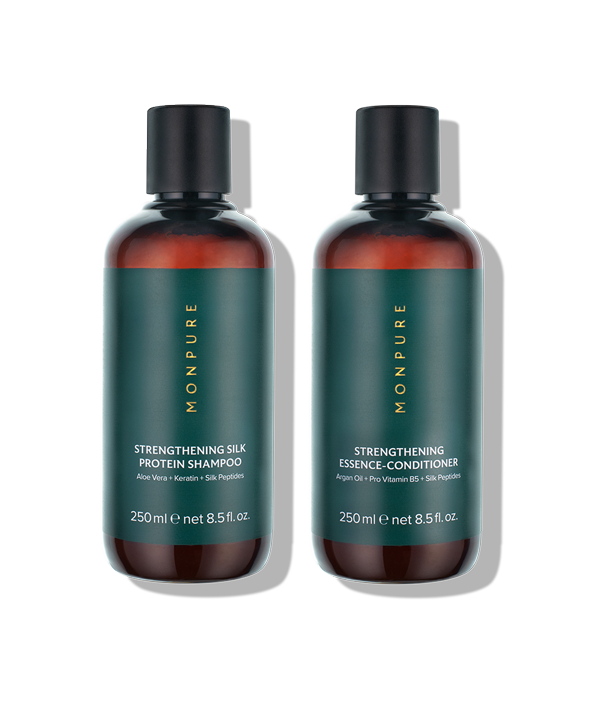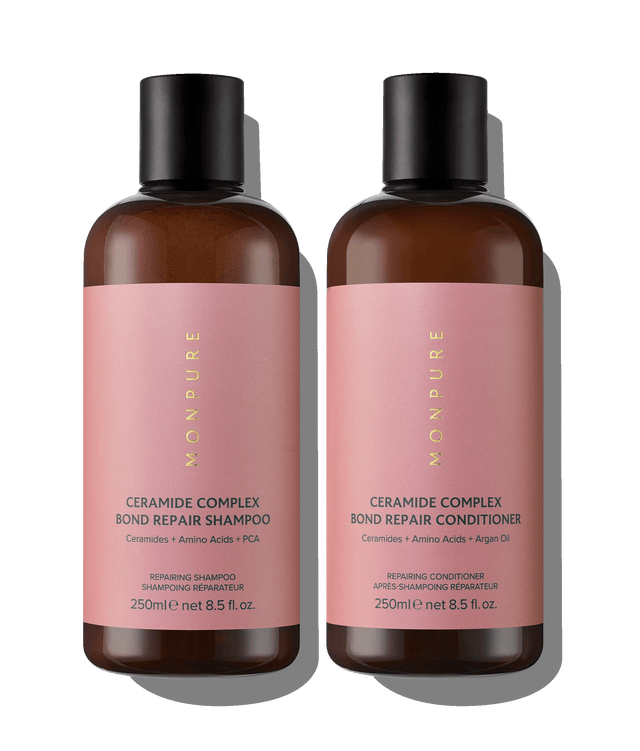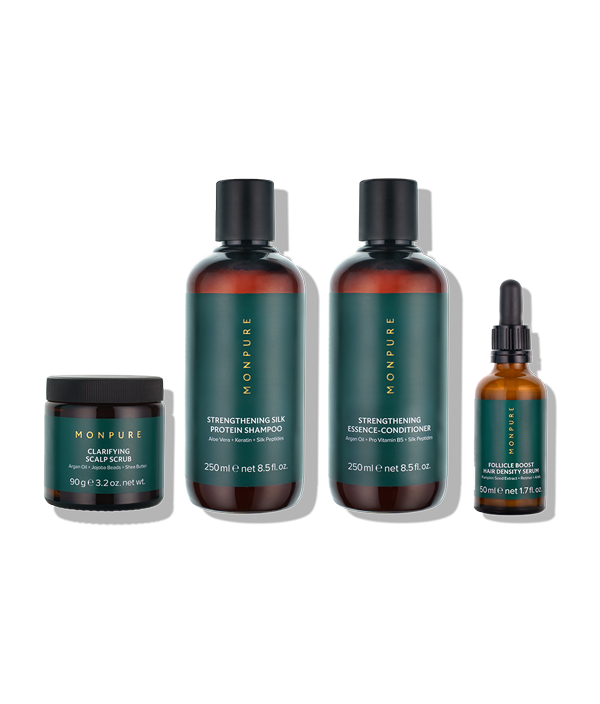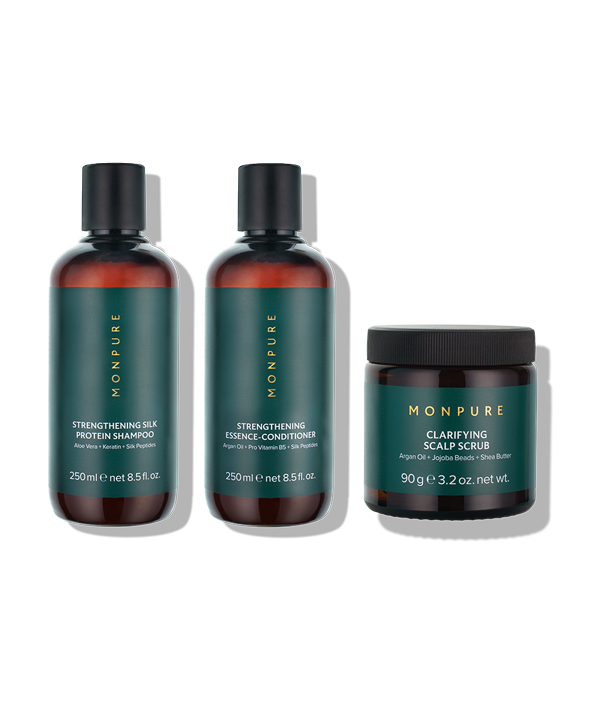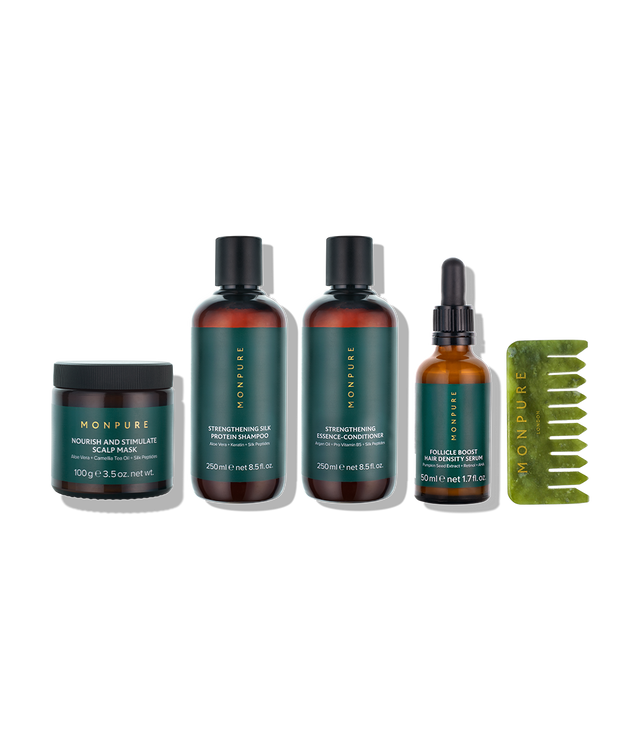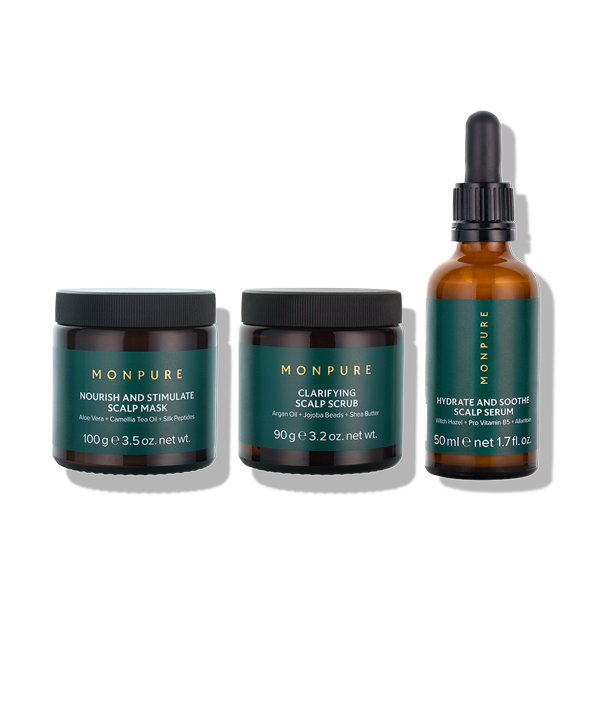How is witch hazel good for the hair and scalp?
When it comes to natural ways to care for your scalp and hair, witch hazel comes with a whole heap of benefits – particularly if your scalp is oily, itchy or prone to dandruff.
What is witch hazel?
Witch hazel is a type of shrub native to North America, Japan and China. Most of its extracts come from tannins found within its leaves and bark, which then get processed and formulated into topical treatments for your skin and scalp. It’s a hero ingredient in our beloved scalp SOS product Hydrate and Soothe Scalp Serum, and for good reason. So, how is witch hazel good for the hair and scalp?
The benefits of witch hazel on the scalp
1. Witch hazel treats greasy roots in-between washes

Applying witch hazel on the scalp acts a bit like a dry shampoo, keeping your scalp healthy and preventing it from getting too greasy on non-wash days. This is because it’s an astringent – which means it works to tighten pores and dry out the oil that scalp-sweat produces. This makes it a great option for those who don’t wash their hair everyday (especially if you play a lot of sport or work out regularly). It’s a great scalp refresher if you wear braids too.
2. Witch hazel calms irritation

Witch hazel is a natural anti-inflammatory, which means it’s ideal for treating irritated and inflamed scalp-skin. It’s historically been used in skincare remedies for ailments like rashes, insect bites, bruises and minor burns - and is renowned for calming sensitive skin.
3. Witch hazel helps combat conditions like seborrheic dermatitis
Seborrheic dermatitis is a common skin condition that mainly affects your scalp. It is brought on by inflammation, which causes the scalp to produce too much sebum, which dandruff-causing yeast feeds on. Cue itching, flaking and all of the other symptoms associated with dandruff. Luckily, witch hazel on the scalp is perfect for treating the most common symptoms of seborrheic dermatitis, working to prevent flaky skin and flare ups by soothing inflammation and regulating sebum levels.
4. Witch hazel fights scalp acne

Suffering with breakouts on the scalp? Thanks to its anti-inflammatory, astringent powers, witch hazel on the scalp can calm and soothe any angry, red spots, while the acidic pH balance stops acne-causing bacteria from spreading.
5. Witch hazel can possibly help with hair loss

Many people have reported that witch hazel has helped with their hair loss. That’s because it works to increase blood circulation in the scalp, delivering vital nutrients to the hair follicles, which can stimulate healthy growth. It also reduces inflammation (see above), another major cause of hair loss.
How To Apply Witch Hazel To The Scalp
Step 1:
Use MONPURE's Hydrate and Soothe Scalp Serum. Starting with dry or towel-dried scalp hair, part the hairline and apply one to two drops of serum, spaced evenly, onto the scalp.
Step 2:
Work across the head, section by section, focusing on areas of concern.
Step 3:
Gently massage until the serum has fully absorbed into the scalp. Do not rinse.






